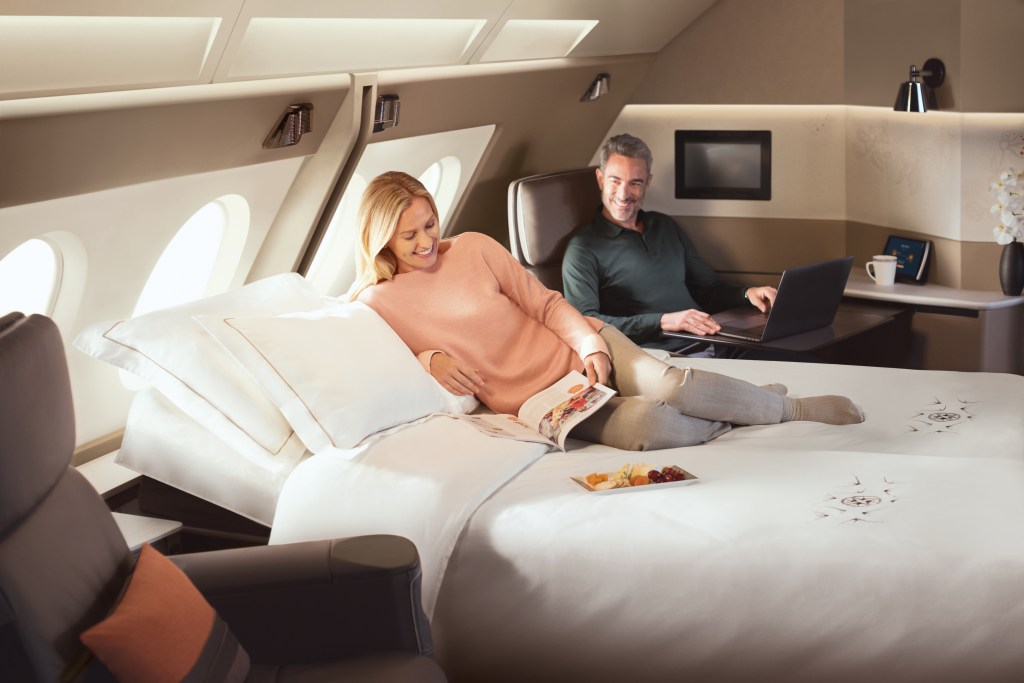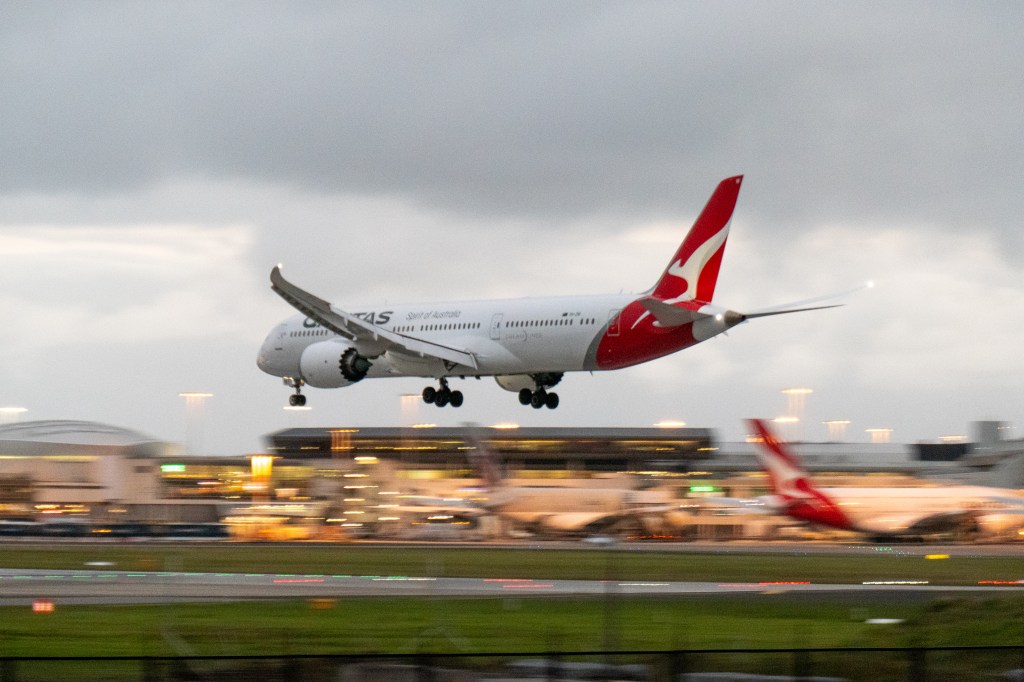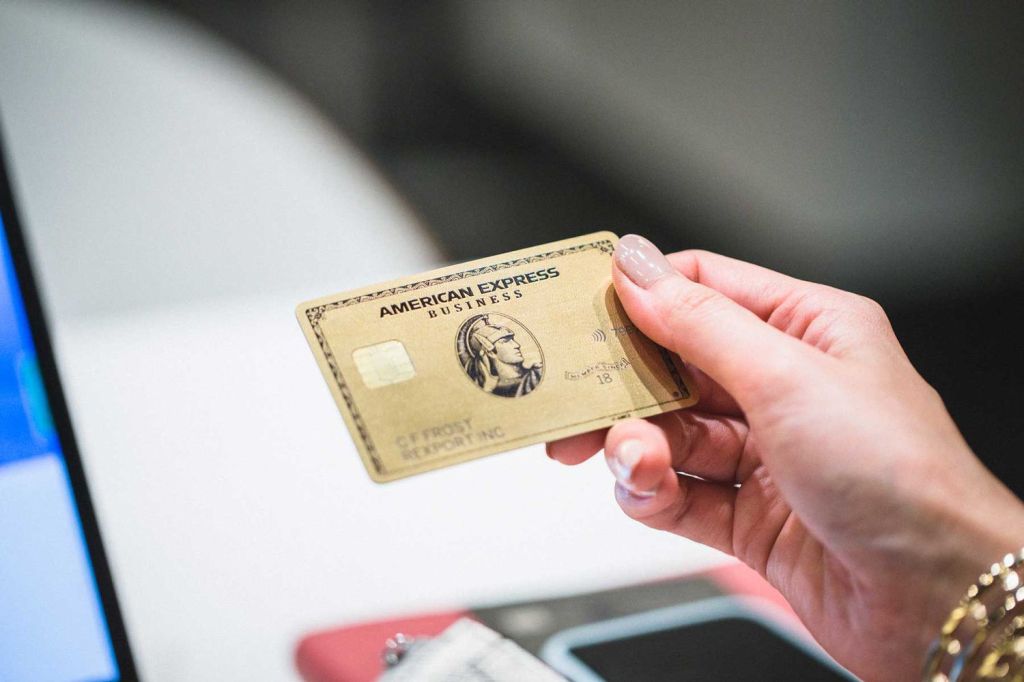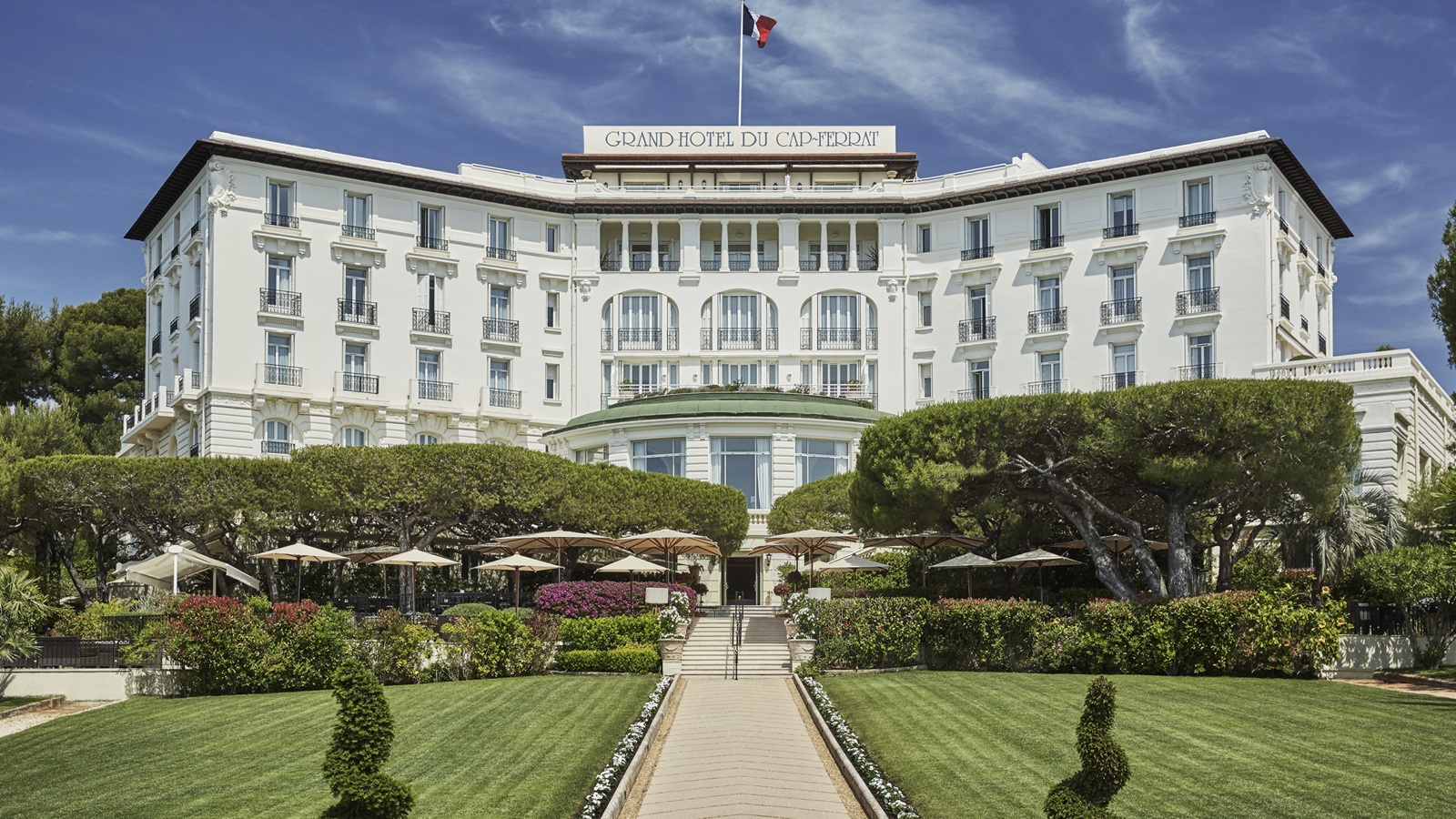Clocking up the air miles for work? If so, you’d want to make sure your rewards points are working for you, writes travel expert Mark Trim.

Many Australians are sitting on a mountain of untapped frequent flyer points accrued from work-related travel and spending. From common misconceptions with points to the biggest mistakes professionals make when trying to use them, below I unpack why a strategic approach is essential to unlocking the full potential of your reward points.
The Problem with Points
A common frustration for business travellers is that they’re stuck with a stack of Qantas Frequent Flyer points, having aligned their cards to that program years ago without re-evaluating their options.
This means they then struggle to use their points for the coveted business reward seats which offer the most bang for buck. It’s a simple case of demand and supply; far too many people with points looking for a limited number of premium cabin seats.
Ultimately, points earned via business expenses should be seen as a personal perk, given they don’t attract fringe benefit tax and will typically fall to the card owner. Using these points on business travel is a poor strategy, given those expenses are already tax deductible.
Navigating the Rewards Landscape
The best approach is a blended strategy, housing your points across a couple of programs to ensure flexibility. This could involve having a Visa or MasterCard aligned to a program like Qantas or Virgin Velocity, and then also having a personal and business American Express card.
The key is not to commit to one program only, as the best program today may not be the best tomorrow. Our team helps clients navigate the right program for the right trip; it’s about having options. While Krisflyer and Velocity often have more reward seat availability than Qantas, sometimes you may need to use Skywards (Emirates) or Privilege Club (Qatar Airways) to find a seat.

The Strategic Advantage of Flexible Points
We’re big fans of repositioning business spend onto an American Express card for a more flexible rewards strategy. This is especially true with suppliers that have low or no card surcharges. The primary advantage is the flexibility to transfer to a range of partner programs, rather than being stuck with just one.
A flexible program like Amex is a powerful tool because it gives you much more access to reward seats. It’s also much easier to stay on top of the opportunities when you have someone in your inner circle who can do the work for you.
Maximising Bleisure Trips
Bleisure travel is huge. It’s been around for a long time, but people are only just starting to measure it as a specific trend. It may be extending a conference or work trip to have a holiday afterwards, an extended stopover on the way home, or combining a multi-continent trip to tick multiple boxes at once for a better value price point.
We help a lot of customers find that blend between burning points and using paid airfares effectively. For example, a business traveller might pay for their own ticket on a work trip while using points to bring their family along.
The Biggest Mistakes to Avoid
For business travellers, the biggest mistake is not realising the full potential of their card spend, as they may not want to pay a higher annual fee for a Platinum Card. This can cause people to leave thousands of points on the table to save a few hundred dollars in the short term. We also see those who’ve become disillusioned with points systems, which change all the time. They stop using a card or switch to a simple rewards card that offers vouchers because they only ever look to use them over Christmas when there are no seats available.
This is a huge missed opportunity because you’re not getting expert advice about how to travel on points and how to blend that with the best paid airfares for the right balance for your individual needs. The key with points is to be open to where you use them. It is much harder to use points for a set holiday versus having a mindset of ‘let’s make a holiday out of where I can go on points.’
Personally, I do a couple of peak season trips a year and some shorter shoulder season trips to Asia for a flop and drop holiday. I’ll typically pay for my peak season trips when I am date specific, but plan my shorter holidays around point opportunities.

The Well Connected Traveller Difference
One of the most overlooked values of outsourcing is time leverage. Our specialist rewards consultants are looking at point seats and rewards day in, day out, saving our clients time and frustration. We’re on top of the latest availability and how to combine various stopovers, transit points, or routes to unlock those coveted business class reward seats. In addition, our ATIA and Virtuoso affiliations mean our clients get incredible value for luxury travellers, with exclusive deals and VIP rates at the world’s best hotels and resorts.
Ultimately, your frequent flyer points are a valuable currency you’ve earned from your business success. By moving past the old assumptions and embracing a strategic approach, you can ensure they don’t just sit idle but become the key to your next unforgettable travel experience.
Look back on the week that was with hand-picked articles from Australia and around the world. Sign up to the Forbes Australia newsletter here or become a member here.


